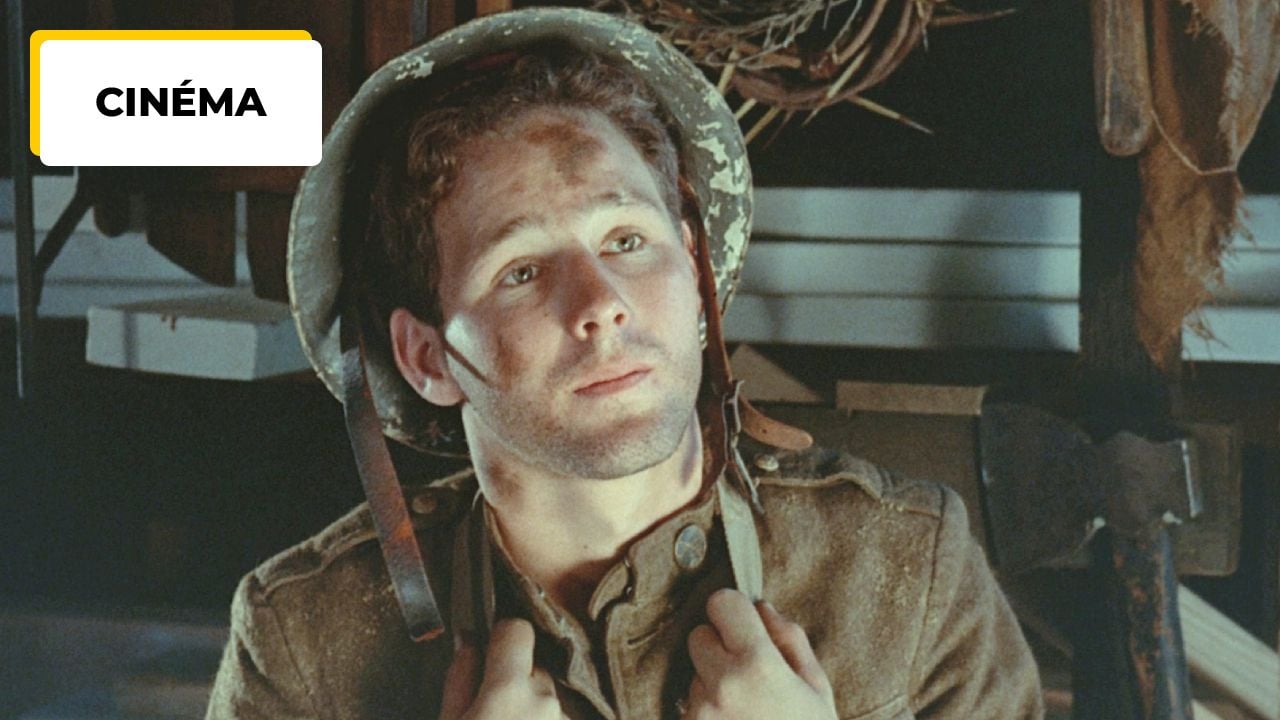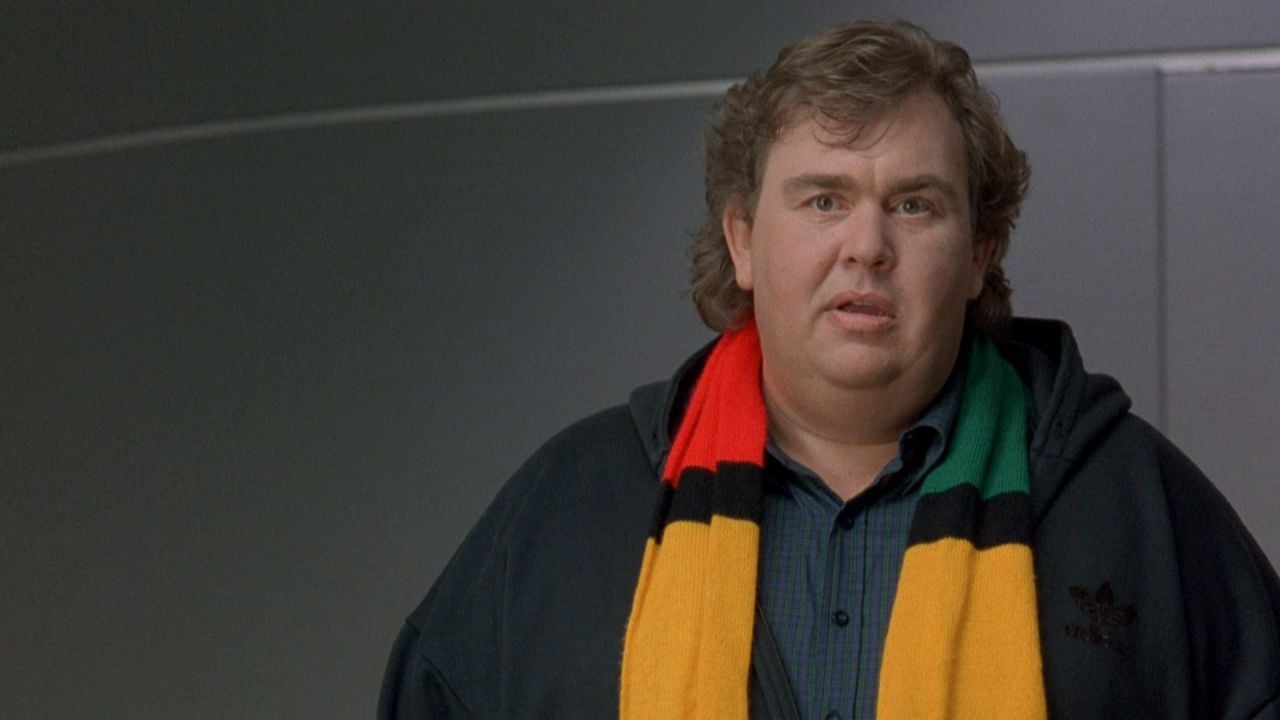In 1971, there were more than 156,800 US troops in Vietnam. The conflict has already claimed several million lives. That same year, Johnny Goes to War hit theaters. Dalton Trumbo, the author of the novel of the same name, directed the adaptation himself. Here he is signing his only film.
More than 50 years later, this pacifist and anti-militarist work still resonates with current events, and for good reason, it’s being re-released in theaters in a new 4K digital copy.
The writer publishes Johnny got the gunHis third novel, on September 3, 1939, the day France and the United Kingdom declared war on Adolf Hitler’s Nazi Germany. The book is set in 1918, during World War I, and tells the story of Joe Bonham, a 20-year-old American soldier.
Hit by a shell on the battlefield, the young man lost everything: hands, legs and a large part of his face. It rains no more talking, no more seeing, no more hearing and no more feeling.
Joe is still alive though. His mind is the only thread that connects him to the human condition. In the book, as in the film, a soldier explores his memories to discover his history, but also tries to make sense of the world around him.
I wanted to achieve the disgust of the heart and mind.
With this adaptation, Dalton Trumbo manages to transform his literary masterpiece into a cinematic masterpiece, thus preserving the very essence of the book, but also its sensibility and political discourse. questions asked by John goes to war are infinite.
It is about the absurdity of conflicts, but also about caring for the wounded. What happens to emaciated but alive bodies? When the hospital staff learns that Joe is still conscious, society’s morals and religious beliefs become involved in the young man’s condition. Should he live at any cost or be freed from his suffering?
“I especially wanted to show the consequences of the warAs argued by Dalton Trumbo in L’Humanité in 1971. I’ve seen so many anti-war films that only evoke physical revulsion, which I wanted to achieve, revulsion of the heart and mind..”
A film that was rejected by all studios
It is rare for an author to adapt his own novel. A great screenwriter blacklisted during the McCarthyism era, Trumbo offered himself by force of circumstances. No one in Hollywood wanted this project, so seventeen studios slammed the door in their faces.
Due to the lack of resources and serious candidates, the writer decides to take it. Then there is the autobiographical dimension. While Dalton Trumbo was only 8 years old during World War I, every scene between Joe – played by Timothy Bottoms – and his father is inspired by personal memories.
First rejected at the Cannes Film Festival, Johnny Goes to War was finally submitted to competition and won the Grand Jury Prize with Miloš Forman’s Takeoff under the chairmanship of Michelle Morgan. Due to the political context of the time – the Vietnam War was over after four years – the film was a huge success.
In 1988, the famous band Metallica paid a special tribute to the feature film through the title. oneFeatured in their album… and justice for all. The song is completely inspired by Joe’s story. clip Uses images from the Dalton Trumbo movie.
Translated excerpt from Metallica’s song “One”:
“Now the war is over with me
I wake up, I can’t see
That I don’t have much left of me
Nothing is real but pain now“
Discover or review John goes to war Today, it only confirms, if not strengthens, the strength of the author’s ideas. While wars continue and deaths multiply, the film has not lost its relevance and has become a necessity.
Johnny Goes to War* can be seen at the cinema.
*The film is supported by the Association for the Right to Die with Dignity (ADMD).
Source: Allocine
Rose James is a Gossipify movie and series reviewer known for her in-depth analysis and unique perspective on the latest releases. With a background in film studies, she provides engaging and informative reviews, and keeps readers up to date with industry trends and emerging talents.






